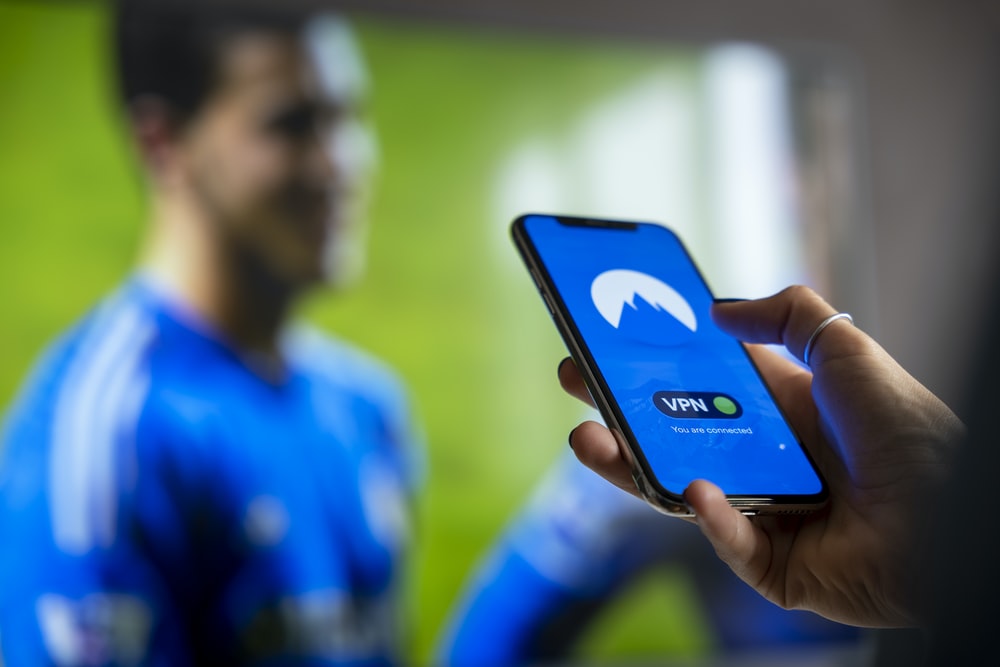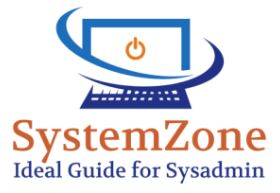5 Factors That Affect the VPN Speed
So you have finally decided to use VPN services. While it’s a great option you must have your concerns. One of these must be the VPN slowing down at times. If that’s the case then it’s better to know the reasons and to explore the issue prior buying or using a free VPN service.
Whether you own a fashion brand or a company that teaches coding to beginner kids, many companies use VPN to provide its employees with a closer network to communicate well. That experience and overall work moral can slow down if the VPN is slow thus its essential to understand the reasons that effect VPN speed.
In this article, we will explore 5 reasons in detail so you can avoid your VPN from slowing you down but first let’s see what VPN is.
What is VPN?
VPN stands for Virtual Private Network which basically keeps your identity hidden while you surf online. You can visit sites that you may not be able to without a VPN. To use the VPN you acquire VPN services through a VPN provider. Depending on the provider and on some other factors your VPN experience can be slow or fast.

5 Factors That Slow VPNs
There are a number of factors those affect VPN performance. Among them, top 5 factors are mentioned here.
Server Location and Server Overload
So you have obtained a VPN service through a provider. While you are using it, you may observe that it’s very slow. One reason for that can be that the server is overcrowded with people all of them using it at once. This usually occurs if you are using a free VPN service where the server capacity is limited and there are a lot of free users using it.
It can happen though with any VPN service as the bandwidth allocated to every user is limited. Servers in general have a limit known as “Server Load”. Server load is the total bandwidth and it depends on how many users are using the same server. The total bandwidth is distributed to all the users and each gets a share. When everyone is using it at once the server gets a hard time.
The server can get overcrowded regardless of your choice of VPN but with free versions, the problem is more common.
The 2nd thing to keep in mind is the location of the server. If it’s too far from your location then you will observe your VPN slowing down. The farther is the server location the slower your VPN becomes. The best VPN providers pick the fastest server for you according to your location. So here your choice of the right VPN can save you.
Interference
Most people these days use Wi-Fi devices. These devices transmit Wi-Fi signals which can interfere at times. The interference can cause your internet to slow down and the VPN will also slow down as a result. To confirm if such a situation has occurred turn off your VPN and check your internet speed.
If it slows down without the VPN then that indicates that your internet is causing the issue. To deal with that turn off your internet and restart it.
Software Interference
To use the internet safely you need a good antivirus and to keep your identity safe you need a VPN. Sometimes these two can get in the way and thus your VPN may slow down. The antivirus scans every information that comes in and goes out through the internet thus slowing down the VPN experience.
About Firewalls, if they are allowed to interfere with the VPN traffic and CPU performance then you can experience a very inconvenient system slow down or the traffic might be blocked completely.
Low-quality Servers
If your VPN provider isn’t that competent then you will experience slow VPN due to poor server infrastructure. The server specification in such a case isn’t good enough to handle a large number of users well. No wonder it’s for free!!!
Free VPNs have to lower the quality to provide free services and thus the low-quality setup doesn’t provide the fastest speed. For that matter, it is advised to use VPN services from the top providers as they have the best server quality.
VPN Encryption level and protocols
Your VPN has an encryption level. When you use VPN your online data goes through an encryption tunnel so the encryption level really matters for the VPN. If the encryption that the VPN works on is 128 bit then the speed will be much faster than on 256 bits.
The higher the encryption or the better is the security the slower the VPN so you should try to find a balance between the two. The 2nd property of the VPN is the protocol. The protocol used affects the speed and it’s another property of your VPN that needs to be considered.
Conclusion
In this article, we went through 5 reasons that can slow down your VPN. Firstly, it’s your choice of the VPN that really matters. If the VPN provider isn’t competent then your server will be of low quality and won’t be able to handle too much user traffic.
Secondly, your VPN has encryption and protocol that it follows. These two can affect your experience which is something you can’t really avoid if you want high security. Another factor is the interference by other Wi-Fi devices that can slow down your internet and thus your VPN.
Lastly, the firewall and antivirus can also interfere with VPN and slow it down. At the end of the day, there are some things you can avoid and some you really can’t. With all that said, technology is improving every day, so you should definitely stay hopeful!!
Why not a Cup of COFFEE if the solution?

